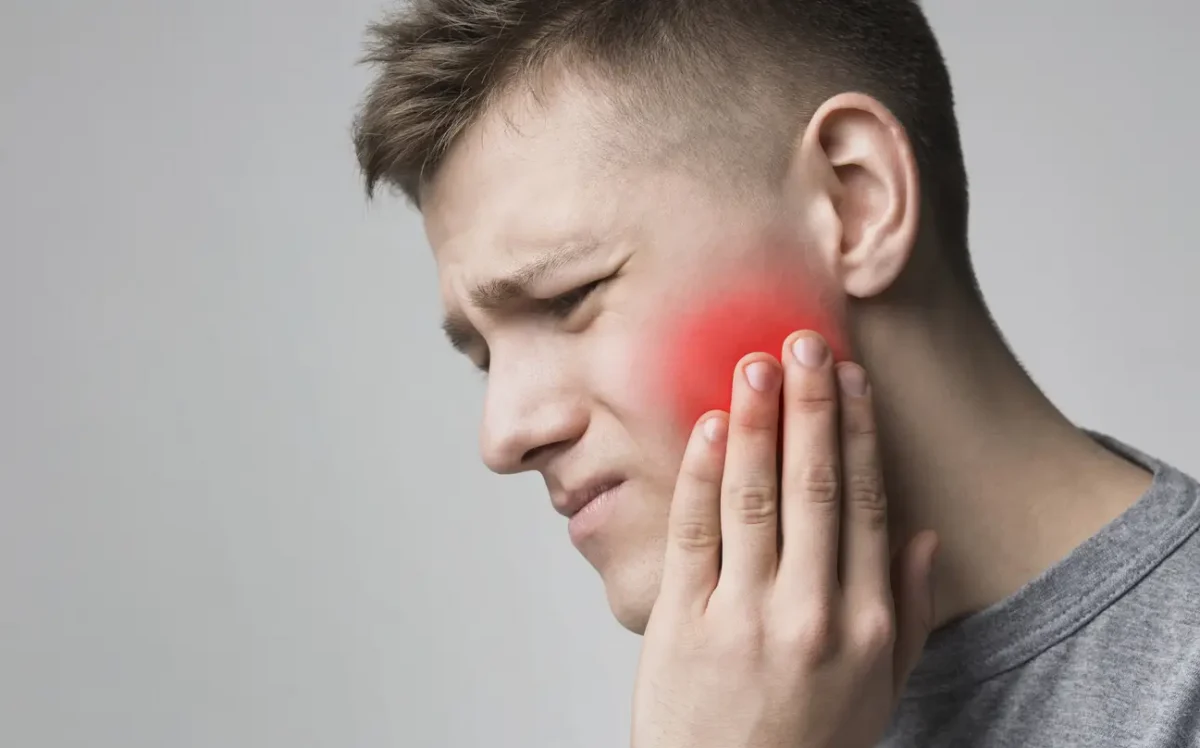TMJ Disorders (TMD)

What is Temporomandibular Disorder (TMD)?
Temporomandibular Disorder (TMD) is a common condition characterised by pain, tightness and dysfunction of the jaw originating in the temporomandibular joint (TMJ).
The jaw is one of the most complex and frequently used muscle systems in the body – allowing you to speak, eat, drink, make facial expressions and even breathe.
The temporomandibular joints (TMJ) are two small, delicate joints that connect your lower jaw to your skull. It is an intricate system of muscles, ligaments, discs and bones beneath your ear that act like a sliding hinge allowing the jaw to crucially open, close, and move around.
As the TMJ is an integral component of jaw mobility, when dysfunction occurs it can result in a range of uncomfortable and painful symptoms.
Symptoms of TMD
If you have TMJ dysfunction (TMD), you may experience:
- Pain or tenderness of the jaw
- Clicking sounds, popping or grating sensations in the jaw when opening or closing the mouth
- Limited jaw mobility (Difficulty chewing, a stuck or locked jaw)
- Headaches or migraines
- Ear pain (Ringing in the ear, loss of hearing or aching around the ear)
- Dizziness
- Muscle spasms
- Toothache
- Clenching or grinding of teeth
- Face, neck, back and shoulder pain
Causes of TMD
The onset of TMD can be caused by a variety of factors including;
- Missing teeth
- Grinding or clenching of teeth (sometimes related to stress)
- Emotional or physical stress and tension in the jaw muscles
- Injuries to the jaw area
- Degenerative diseases such as arthritis
- Wrongly shaped dental fillings, crowns or bridges
TMD Diagnosis and Treatment
Your dentist is the best place to start with getting a diagnosis. They will perform a clinical examination and review your medical and dental history. From this point the dentist will work towards the best treatment option for you. Depending on the diagnosis treatments might be;
- A Night Guard or Occlusal Splint
- Rest
- Warm or cold packs
- Relaxation and stress management
- Pain medication, or
- Physiotherapy
While waiting to see a dentist there are plenty of ways you can self manage treatment of your TMD pain at home:
- Eat soft food
- Avoid chewing gum
- Cut all food into small pieces
- Avoid clenching your jaw
- Avoid opening your mouth wide
- Wear a night guard/splint while you sleep to prevent jaw clenching or teeth grinding
Think you might have TMD?
Call our Park Ridge Dental team on 3297 0153, get a quote or book your appointment online.



